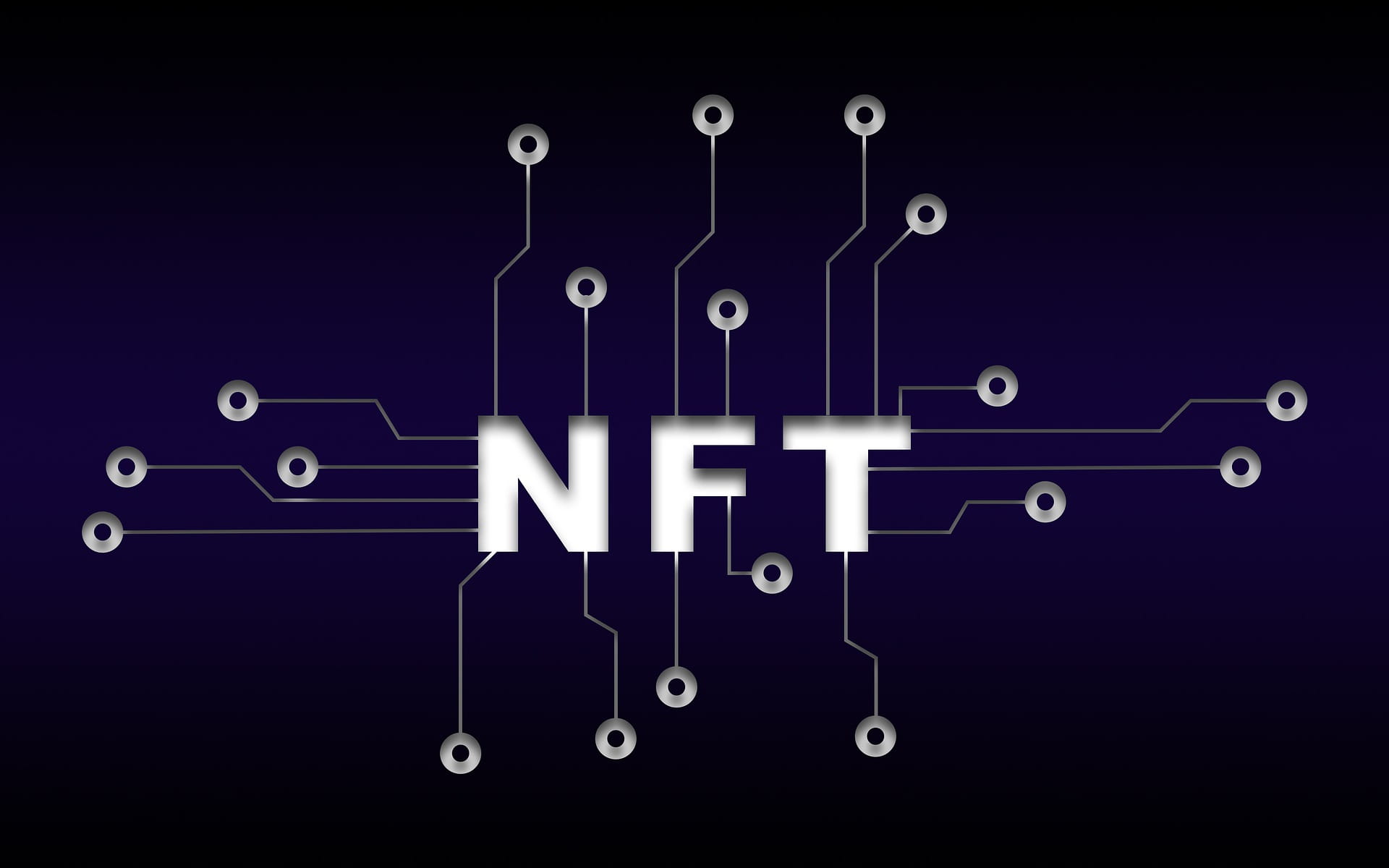Loot Boxes & NFTs Under Spanish Scrutiny
Spain is seeking to change current gambling legislation to include recent innovations such as loot boxes and NFTs. A public consultation was launched last year, and the Ministry of Consumer Affairs believes regulation is needed.

Spanish Authorities Concerned Over Loot Boxes & NFTs © Pixabay.
Play-to-earn- games (P2E) such as Splinterlands, Axie Infinity, Aavegotchi and Sorare are under the microscope as Spain’s Ministry of Consumer Affairs has confirmed his department is doing “extensive research” into their potential harms.
The Iberian nation is considering tweaking existing gambling laws to include P2E games.
Last year, Alberto Garzón, the Minister for Consumer Affairs, publically highlighted four types of loot boxes that his department could cause gambling-related harm. However, he also admitted that little could be done to prevent this unless there was a change in current gambling laws.
The Spanish regulator’s initial concern was centred around loot boxes that are often prevalent in the triple-A console and PC games such as Fortnite, Apex Legends, Overwatch, and Star Wars Battlefront II. They also feature in popular sports games such as FIFA, Pro Evolution Soccer and Joe Madden. These boxes are often paid for with real money and can enable the player to upgrade their characters or alter their experience in the game.
Spain, and other countries, believe these loot boxes are a ‘soft’ form of gambling and should be covered under gambling laws. However, they believe a new threat to public health is also becoming popular in the form of P2E games.
P2E stands for Play to Earn, and it relies on blockchain technology that is the backbone of cryptocurrencies such as Bitcoin, Ripple, Cardano and Ethereum. Players in P2E games can earn cryptocurrency or crypto assets based on in-game activity. These assets could be in the form of weapons, real estate in the game, which is unique and, in essence, becomes NFTs (Non-fungible tokens).
The Spanish Ministry of Consumer Affairs, speaking to Business Insider Spain said that “very exhaustive monitoring of this whole series of phenomena” is being carried out.
The regulator in Spain has been very active in the last couple of years. For example, the Ministry of Consumer Affairs was instrumental in a severe crackdown on gambling advertising, which impacted many football clubs that had sponsorship deals with gambling companies. The country also heavily restricted the times that gambling adverts could be shown to just a couple of hours in the morning.
A source close to the Ministry said Work is being done on a modification of the Gambling Regulation Law, but it is still early to anticipate the details on the formulas chosen to incorporate this type of element into the Spanish legal system.
“It must be taken into account that they are very different products from each other and that there are many sectors that will be affected by this regulation.”
The country’s National Securities Market Commission (CNMV), Spain’s equivalent of the UK’s Financial Conduct Authority this week, also clamped down on cryptocurrency advertising. As a result, from Monday, all unregulated cryptocurrency investments had to add the following warning: “Investments in crypto-assets are not regulated. They may not be appropriate for retail investors and the full amount invested may be lost.”



